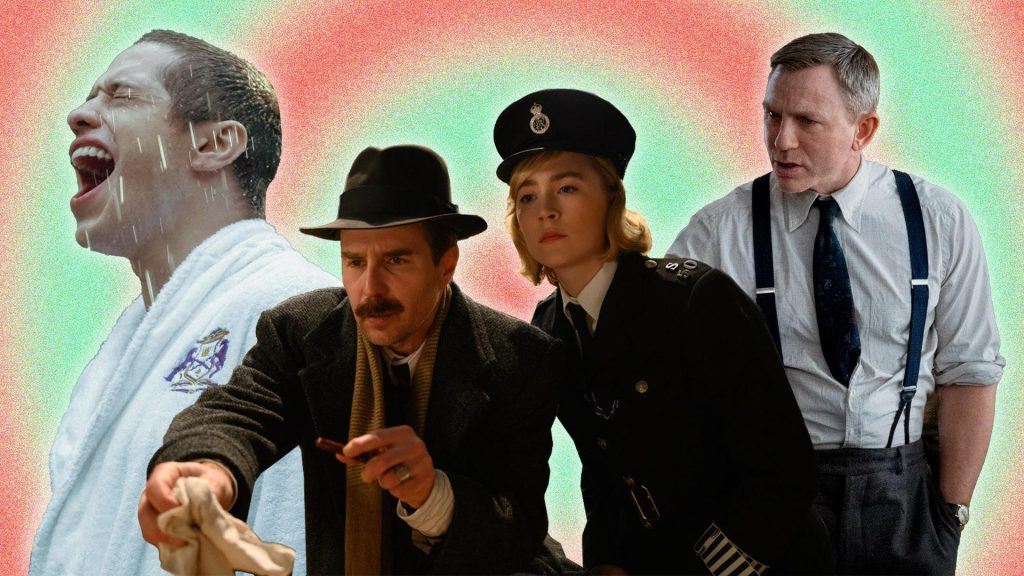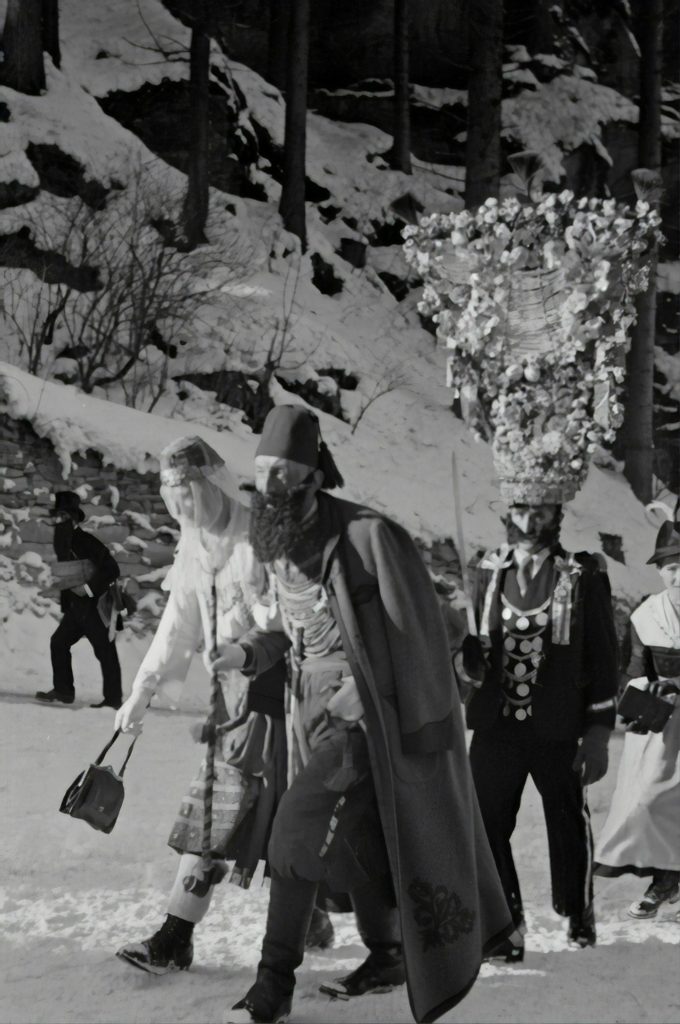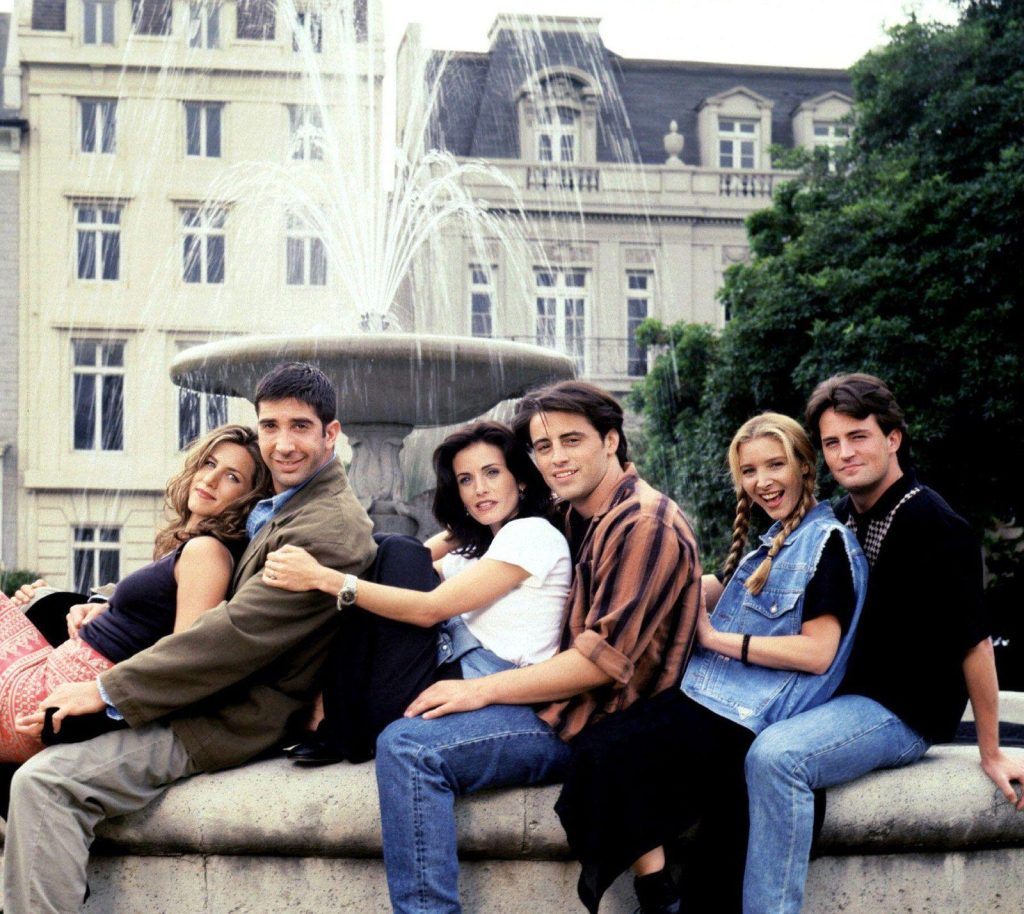In the realm of dystopian narratives, few have captured the public imagination quite like Margaret Atwood’s ”The Handmaid’s Tale.” Since its publication in 1985, this chilling tale of a totalitarian society that subjugates women has not only sparked fervent discussions but has also inspired a critically acclaimed television adaptation. As it continues to permeate cultural conversations, a pressing question arises: Is “The Handmaid’s Tale” a work that is overhyped, basking in undue adulation, or is it a socially relevant masterpiece that holds a mirror to contemporary societal issues? This article delves into the intricate layers of Atwood’s creation, examining its impact and exploring whether its resonance is a testament to its profound insights or a reflection of its inflated reputation. Join us as we navigate the complex terrain between cultural phenomenon and critical scrutiny.
Cultural Phenomenon or Overblown Narrative
Margaret Atwood’s The Handmaid’s Tale has become a cultural touchstone, igniting debates about its relevance and impact in today’s world. Some argue that the dystopian narrative serves as a crucial mirror reflecting societal issues such as gender inequality, reproductive rights, and authoritarianism. This group sees the novel, and its TV adaptation, as a powerful catalyst for social change, encouraging critical conversations and awareness. They point to:
- Its exploration of oppressive regimes and how they manipulate personal freedoms.
- The portrayal of resilience and resistance in the face of tyranny.
- The parallels drawn between fiction and real-world events, sparking urgent dialogues.
Conversely, some critics claim that the narrative is overblown, arguing that it exaggerates threats to democracy and individual rights, thus creating a sense of unnecessary alarm. This perspective suggests that the story’s portrayal of dystopia might overshadow more nuanced, less sensational discussions about societal progress. They question:
- Whether the intense focus on a fictional dystopia detracts from real-world achievements.
- If the narrative’s popularity is driven more by its dramatization than its actual relevance.
- The potential for the story to perpetuate a sense of hopelessness rather than empowerment.

Exploring the Social Themes and Messages
Margaret Atwood’s The Handmaid’s Tale delves deeply into social themes and messages that resonate with contemporary societal issues. The narrative portrays a dystopian world where women’s rights are systematically stripped away, serving as a cautionary tale about the potential dangers of extreme political and religious ideologies. Atwood’s creation challenges readers to reflect on the fragility of personal freedoms and the importance of safeguarding democratic principles.
Key social themes explored in the novel include:
- Gender Inequality: The story highlights the stark power imbalances and the subjugation of women, forcing readers to confront ongoing gender disparities in our own society.
- Loss of Individual Autonomy: Through the protagonist’s journey, the narrative underscores the critical need to protect individual rights and personal agency.
- Power and Control: The oppressive regime in the novel serves as a metaphor for how authoritarian systems can manipulate and dominate, reminding us of the value of vigilance against tyranny.
- Resistance and Rebellion: Despite the bleak circumstances, the novel emphasizes the enduring human spirit and the capacity for resistance, encouraging active engagement in social and political issues.
By weaving these themes into its storytelling, The Handmaid’s Tale compels its audience to examine the complexities of power dynamics and societal structures, making it a work of significant social relevance rather than mere hype.

The Impact on Modern Feminist Discourse
In recent years, Margaret Atwood’s The Handmaid’s Tale has emerged as a touchstone within modern feminist discourse, serving as both a cautionary tale and a rallying cry. Its depiction of a dystopian society, where women’s rights are stripped away, resonates with ongoing global conversations about gender equality and bodily autonomy. The story has inspired many to consider the parallels between the fictional Republic of Gilead and real-world issues, sparking discussions that are both critical and introspective.
- Gender Dynamics: The narrative challenges traditional gender roles and highlights the dangers of unchecked patriarchy.
- Reproductive Rights: It serves as a poignant reminder of the importance of safeguarding women’s reproductive freedoms.
- Resistance and Empowerment: The tale underscores the power of resistance and the courage needed to challenge oppressive systems.
While some critics argue that the book’s prominence may overshadow other feminist narratives, its influence in sparking dialogue cannot be understated. Whether viewed as overhyped or socially relevant, The Handmaid’s Tale undeniably continues to shape and influence contemporary feminist thought.

Balancing Entertainment with Social Commentary
The fine line between entertainment and social commentary is masterfully walked in The Handmaid’s Tale. This dystopian narrative is not just a spectacle of drama but a mirror reflecting societal issues. The show delves into themes such as gender inequality, authoritarianism, and individual freedom, challenging viewers to question the world around them. By integrating these profound topics into a gripping storyline, it transcends typical entertainment and becomes a vehicle for discussion and reflection.
- Gender Inequality: The show explores the systemic oppression of women, urging viewers to examine real-world gender dynamics.
- Authoritarianism: It presents a chilling depiction of totalitarian rule, prompting audiences to consider the fragility of democracy.
- Individual Freedom: The narrative underscores the importance of personal liberty and the consequences of its erosion.
While some may argue that the series is overhyped, its ability to intertwine these social commentaries with engaging storytelling cannot be overlooked. It invites audiences not only to watch but to think, making it a relevant piece of modern television that resonates on multiple levels.









